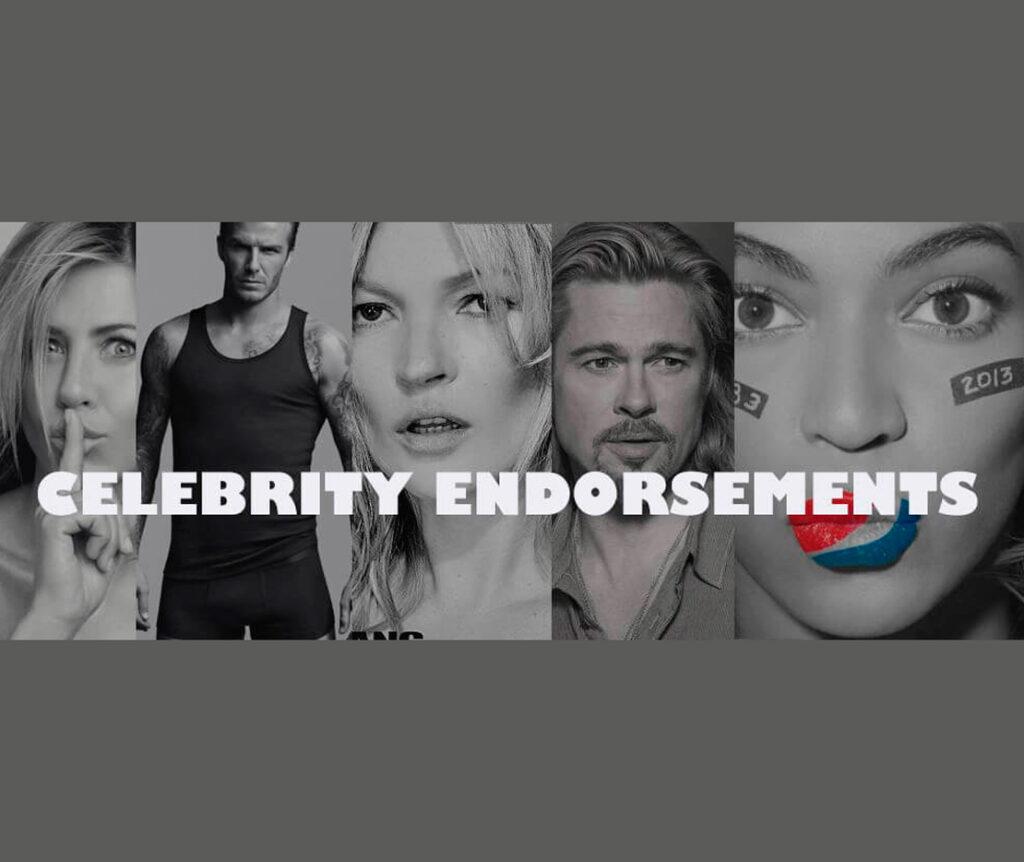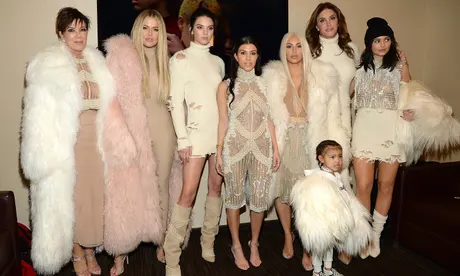The relationship between celebrities and their fanbase is complex and multi-faceted.
Fans can have a relationship impact on a celebrity’s career, with their support and loyalty often playing a crucial role in their success. At the same time, celebrities can also have a profound influence on their fans, shaping their opinions, values, and even their sense of identity.
One of the most significant ways in which fans can impact a celebrity’s career is through their purchasing power.

Fans may purchase tickets to concerts, movies, or other events, buy merchandise, or support the celebrity through streaming or downloads. This can be particularly important for musicians, whose success often depends on their ability to sell records and fill concert venues.
Moreover, fans can also have a significant impact on a celebrity’s reputation and public image. Fans may defend a celebrity against criticism or negative press or work to promote positive stories or achievements.
This can be particularly important in the age of social media, where fans can quickly mobilize and share their opinions and perspectives with a global audience.
At the same time, celebrities can also have a profound influence on their fans. Fans may look up to celebrities as role models, adopting their sense of style, values, or lifestyle choices.
Celebrities can shape public opinion and discourse, influencing conversations around politics, social justice, and other important issues.
However, the relationship between celebrities and their fanbase is not always positive. Celebrities may face harassment, stalking, or other invasive behaviors from overzealous fans. In extreme cases, this can even pose a physical threat to the celebrity’s safety and well-being.
Moreover, the power dynamic between celebrities and their fans can be problematic, particularly when it comes to issues of consent and boundaries.
Fans may feel entitled to access or interact with celebrities in ways that are invasive or inappropriate, such as attempting to touch or kiss them without permission or sending threatening or sexually explicit messages.
In some cases, the relationship between celebrities and their fanbase can also be exploitative. Celebrities may use their fame and influence to manipulate or exploit their fans, such as by encouraging them to buy expensive merchandise or promoting products that may not be in their best interests.
Despite these challenges, the relationship between celebrities and their fanbase remains a crucial aspect of the entertainment industry. Fans play a vital role in supporting their favorite celebrities and shaping cultural conversations on important issues.
Celebrities must set boundaries for their safety and well-being while using their platform to promote positive change.
One important aspect of this relationship is the role of social media. Platforms like Twitter, Instagram, and TikTok enable celebrities to connect with fans in new, intimate ways, previously unavailable.
Social media can exacerbate negative aspects of the relationship, like cyberbullying and harassment.
Moreover, social media can also blur the lines between celebrities and their fans. Creating a sense of familiarity and closeness that can be misleading or even dangerous.
Celebrities may feel pressured to share personal details or intimate moments with fans to stay relevant and popular, to well-being.
Conclusion
The relationship between celebrities and their fanbase is complex and multi-faceted, with both positive and negative aspects. Fans play a significant role in supporting and promoting their favorite celebrities, shaping public opinion and discourse on important issues.
The power dynamic between celebrities and fans can be problematic. Posing risks to both the safety and well-being of the celebrity and the autonomy and boundaries of the fan.
Both celebrities and fans need to navigate this relationship with care and respect, maintaining healthy boundaries and promoting positive. 온라인카지노








